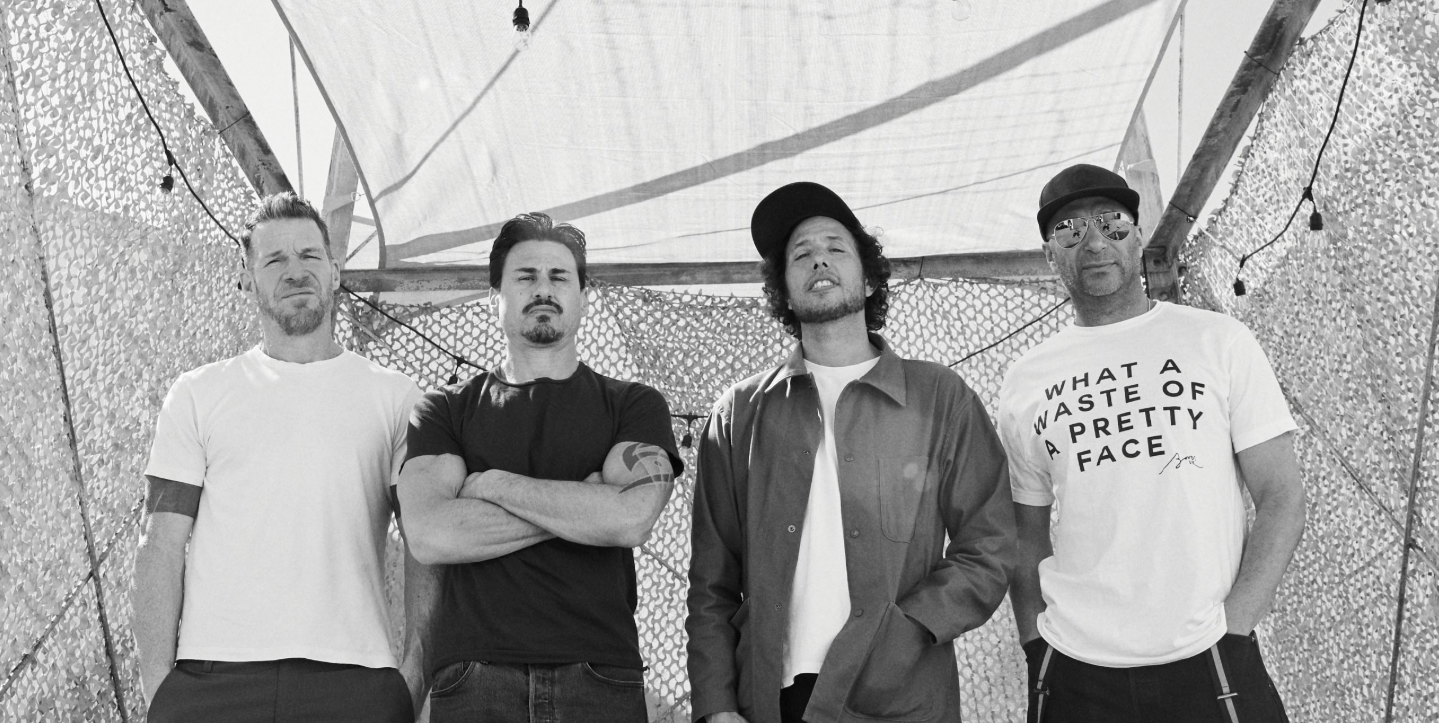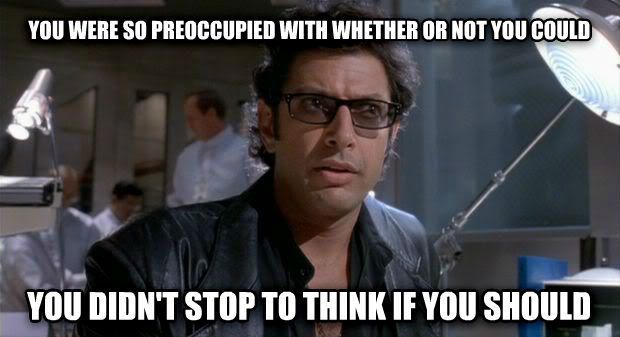When I first heard the word “governance” used in a meeting, I imagined a man in a powdered wig and culottes standing at the door of a server room, holding a clipboard and saying, “You shall not pass.” I pictured across between Gandalf and George Washington, keeping the unwashed data masses from sullying the sanctity of enterprise systems.
And for a long time, that’s exactly how we treated it. Governance was a velvet rope, and only the properly credentialed could step inside. We built forms, we built approval chains, and we built policies so thick you could use them as flotation devices in case of a compliance emergency.
Gates are effective and, in many cases, necessary. But the problem here is that, while they do a good job of keeping things out, they sometimes do TOO good a job of keeping things out. In the modern enterprise, where everyone from finance analysts to HR business partners is suddenly “building an app” or “running a flow,” keeping things out is the fastest way to make yourself irrelevant.
The old model of governance was simple: people are dangerous, so you must protect the system from the people. Every new connector was a potential scandal, every Power App a ticking time bomb. The governing body’s role was to say “no” gracefully, like a maître d’ at a restaurant that’s fully booked for eternity.
But then the world changed. Low-code platforms took the wheel, automation became the new oxygen, and the governance-as-gatekeeper approach started to creak under the pressure of its own usefulness. Suddenly, the people outside the rope were building anyway. They were wiring together approvals and forms and dashboards, not because they wanted to break the rules, but because they wanted to work.
We learned an important rule in this effort When you spend all your time keeping people out, they eventually stop knocking.
In corporate governance meetings, trust is the word that gets used like parsley: sprinkled on everything for flavor, but rarely meant. We talk about “building trust” while drafting 12-page forms that ask, “Why do you need this connector?” in three different sections. We say, “We trust our makers,” then build dashboards to monitor every keystroke. It’s the bureaucratic equivalent of saying, “Of course I love you,” while secretly running a background check.
Real trust doesn’t mean no oversight. It means assuming competence, not chaos. It’s giving someone the keys to the car and believing they’ll fill it with gas rather than drive it into the lake. Trust is also contagious. When governance teams stop policing and start partnering, something almost magical happens: people want to do things the right way. Because it’s their idea, not yours.
The dirty secret of governance is that most of what we call “noncompliance” is actually illiteracy. People don’t break rules out of malice; they break them because they don’t know the rules exist, or because the rules read like a cross between ancient Greek and IRS tax code. That’s where literacy comes in.
Modern Centers of Excellence aren’t libraries of rules. They’re classrooms of context. The best CoEs I’ve seen don’t issue edicts; they hold office hours. They teach people how to fish, then give them a well-documented rod and an FAQ. They translate “don’t use personal credentials for production” into “here’s how to use a managed service account and why it saves your weekend.”
It’s not about dumbing things down. It’s about lifting people up. When you build literacy, governance stops being a scary word and starts being a shared language. It’s like when you finally learn what “quarterly earnings” actually means. You may still not care, but at least you understand why someone else does
Now, I’ll admit, not everyone should have the same keys. Some people will absolutely drive the car into the lake. That’s where tiered governance comes in. It’s the art of saying “yes” at different speeds.
At its heart, tiered governance is about designing a system that assumes both brilliance and fallibility. You create a space for explorers, for the the makers who can prototype and learn, and another for professionals who can publish and scale.
It’s a little like parenting. You don’t let your kid use the stove the first time they ask, but you also don’t tell them they’ll burn down the house forever. You teach, you supervise, you adjust. Eventually, you hand over the spatula.
That brings us to the new rule of good governance It’s not about gates. It’s about growth. When you get it right, governance starts to feel less like airport security and more like a good dinner party. The CoE becomes a host, not a warden; someone who says, “Welcome! Let me show you where the good silverware is, and please don’t use the salad fork for soup.”
You want people to feel empowered, not inspected. You want them to leave the table knowing more than they did when they sat down. Maybe they’ll even send a thank-you email afterward.
Governance, done right, is is a gate, not a guide. It’s the quiet art of creating boundaries that help people thrive, not barriers that keep them small. So the next time someone calls your CoE “the gatekeepers,” smile politely, and hand them a key.
After all, what’s the point of building the kingdom if no one’s allowed inside?










